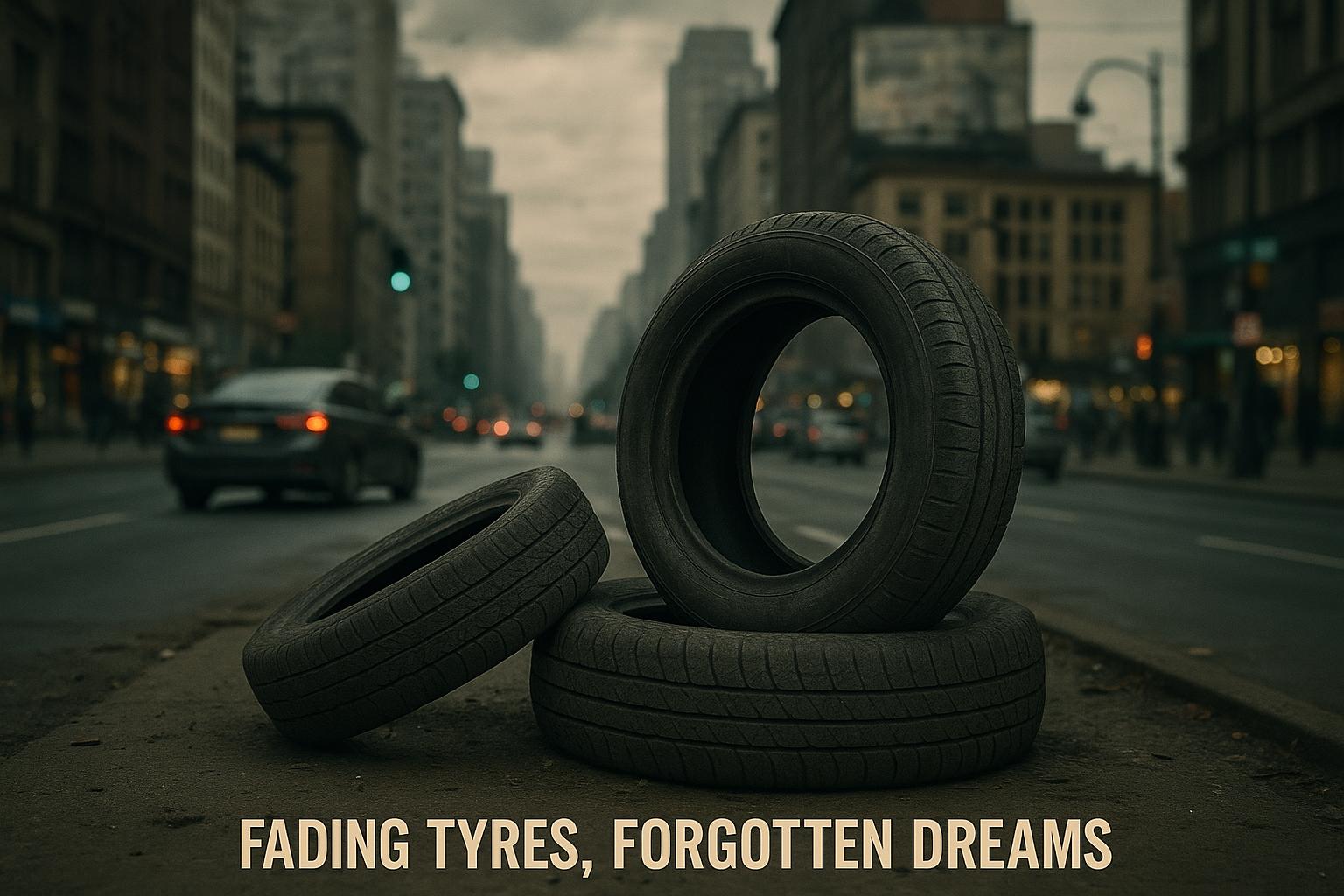Transport for London (TfL) once again exposes its incompetence and prioritization of political virtue over public service. A recent investigation by the Local Government and Social Care Ombudsman has revealed that TfL’s mishandling of the Ultra Low Emission Zone (ULEZ) scrappage scheme demonstrates a blatant disregard for transparency and accountability. Established in 2023 with the supposed aim of reducing air pollution, the scheme was marred from the start by poor communication, leading to widespread confusion among London’s drivers, many of whom wasted valuable time and resources applying for ineligible help. Yet, TfL’s response has been minimal, hiding behind technicalities rather than taking responsibility.
The scheme’s stated goal was to incentivize the removal of older, more polluting vehicles, specifically pre-2005 petrol and pre-2015 diesel models, by offering up to £2,000 for car owners and £7,000 for van operators to retrofit or replace their vehicles. By all accounts, it had some early success, with TfL claiming nearly 54,000 non-compliant vehicles have been taken off London’s streets, and a 95% compliance rate within the ULEZ. But these statistics mask the deeper failures. The Omnibus report highlights how TfL altered eligibility rules mid-scheme, such as penalizing vehicles with outstanding penalty charges or banning recently licensed taxis from applying, without adequately informing the public. This lack of transparency not only confused residents but also betrayed the fundamental principles of fair governance.
Rather than addressing these shortcomings, TfL’s response has been to double down on defensiveness, asserting that these amendments were necessary to safeguard public funds and integrity of the scheme. A TfL spokesperson justified excluding vehicles with unpaid fines and those with recent taxi licenses as measures to prevent abuse of taxpayer money. Such justification fails to acknowledge the core issue, TfL’s inability or unwillingness to communicate clearly from the outset, creating a broken trust with Londoners. As the Ombudsman rightly critiques, “Failing to clearly communicate these changes does not reflect the core principles of fair, transparent, and honest public service.”
This episode underscores a broader pattern of TfL’s arrogance and disregard for the people it is meant to serve. Meanwhile, the Mayor of London continues to tout the environmental benefits of the ULEZ expansion, such as removing over 53,000 polluting vehicles, but ignores the underlying incompetence and mismanagement of the schemes he so proudly promotes. The supposed progress in cleaning up London’s air is overshadowed by the chaos and confusion sown by TfL’s opaque communications and unchecked missteps.
What’s more troubling is TfL’s relentless clampdown on evasion, striking 94% of outstanding ULEZ penalty debts back to repeat offenders, using aggressive data-sharing and enforcement strategies that border on invasive. These heavy-handed tactics appear more aimed at funding the scheme than genuinely improving air quality, especially when the initial rollout was so riddled with errors. That the public’s trust is further eroded by ongoing enforcement overreach does nothing to advance London's environmental or transport objectives. It’s evident that TfL’s priorities are skewed heavily towards political posturing rather than genuine service delivery.
This latest scandal should serve as a wake-up call. Far from being the environmental boon its supporters claim, the ULEZ scheme exemplifies the waste, secrecy, and mismanagement that have come to define TfL’s approach. Real leadership would acknowledge these failures and commit to transparent, honest communication, something sorely lacking at TfL, and prioritize the interests of Londoners over eco-virtue signalling. If London is to genuinely improve air quality, it will need more than half-baked schemes and PR spin; it needs a government that puts integrity and efficiency above political appearances.
Source: Noah Wire Services
